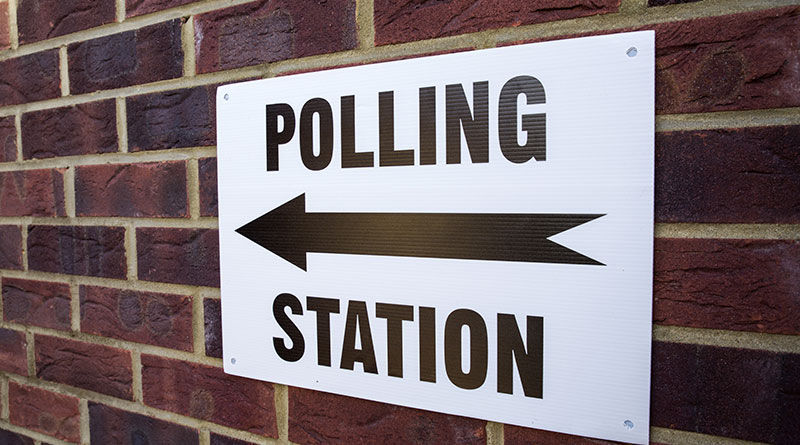Deal Not Sealed For Small Business Votes, As Poll Reveals More Than Half Could Still Be Swayed In Election Campaign

Millions of voters who run their own businesses are still to make a final decision on who they will back on polling day, according to a snap general election survey by the Federation of Small Businesses (FSB).
It reveals that 96 per cent of small business owners intend to vote, but one-in-five (20%) have yet to decide which party they will choose, while a further one-in-three (33%) have a good idea who they will vote for but could still change their mind.
FSB’s research found 90 per cent of small business owners are concerned business taxes could rise under the next Government, while 92 per cent of small employers said they were concerned a future Government could increase the costs and risks associated with employing people.
More than half (53%) say they are concerned about small business energy costs over the next five years; more than six-in-ten (61%) are concerned about the level of inflation over the next five years.
The findings come as FSB publishes a manifesto for small businesses and the self-employed – a blueprint for whoever forms the next Government aimed at driving economic growth and increasing the small business community from 5.5 million back to its pre-pandemic size of six million within the next Parliament.
FSB’s Policy Chair, Tina McKenzie, said: “Small business owners and the self-employed are a shrewd and motivated part of the electorate.
“They’re used to weighing up competing offers when running their businesses, and it’s clear from our research that when it comes to the election they’re looking for which of the parties has the most compelling pro-small business offer.
“Small businesses are the key to securing economic recovery, driving innovation, and creating jobs in all parts of the UK.
“Our small business manifesto sets out the measures needed to create the conditions for that to happen, many of which do not involve additional spending.
“We’re looking to all of those seeking to form the next Government to show their commitment to the millions of hard-working voters who run their own businesses, including through a Small Business Act so we have new legislation to protect small businesses on crucial issues such as late payment.”
